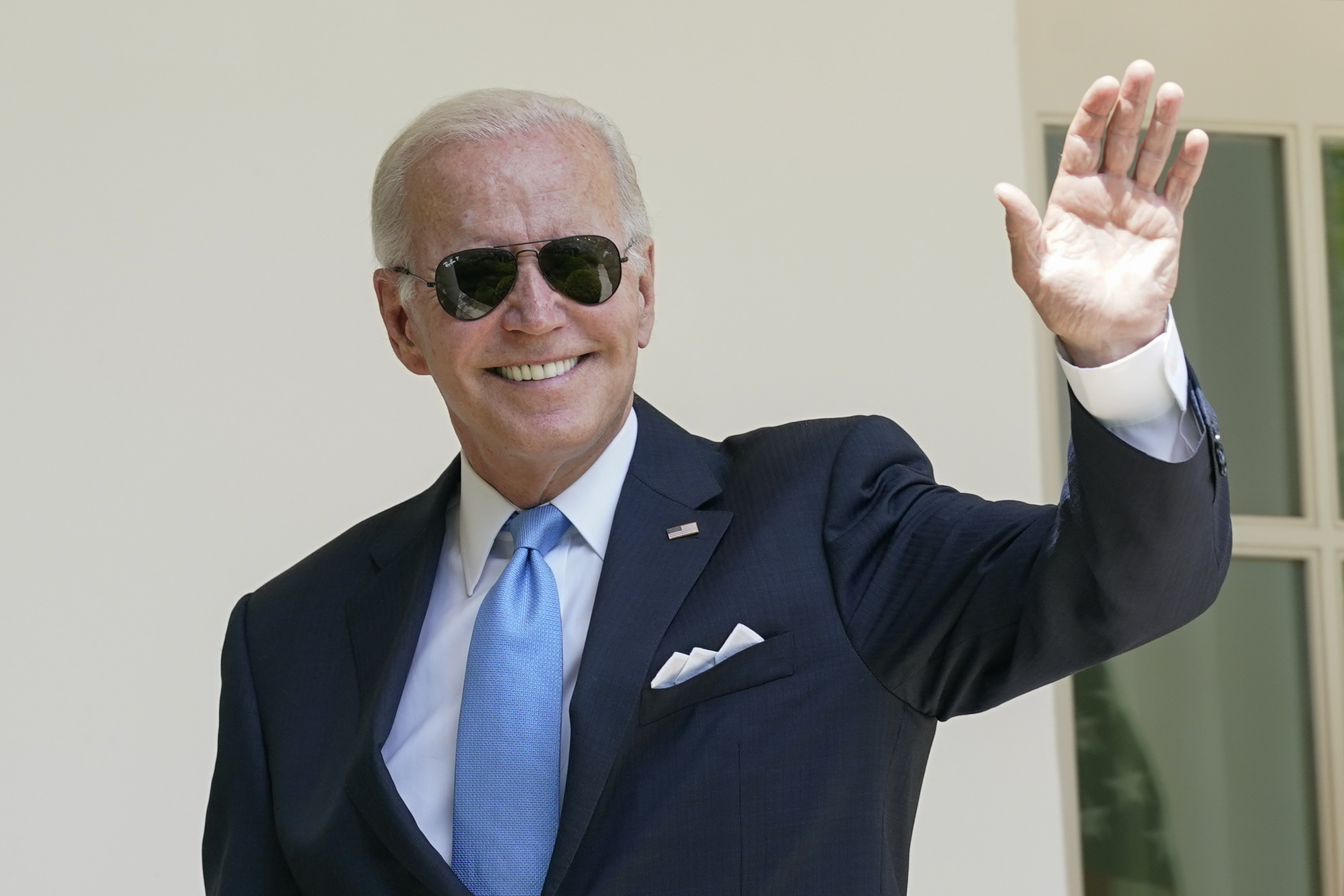Three young migrant children gleefully giggled and smiled as they played with toys inside a community center Wednesday, with a swimming pool as their backdrop and a gymnasium down the hall.
The children, along with two male adults, were among the recent arrivals who secured temporary shelter Tuesday night at MBTA headquarters downtown and were escaping the cold inside the bustling Wang YMCA of Chinatown. Seeming to grin wider as photographers streamed into a small room, the youngsters sat at a low table and played with toys, with fruit snacks and chips strewn about their play area.
With $250 million to support exploding state shelter system costs hung up in closed-door negotiations on Beacon Hill, the YMCA of Greater Boston has become the latest community organization to come forward to provide a space for families in need.
"We were already talking with the state about overnight shelter and what the possibilities would be there, and then that just begot this conversation about we're two blocks away from the Y, can you guys coordinate day services?" David Shapiro, president and CEO of the YMCA of Greater Boston, told reporters after a brief tour of the Chinatown branch.
Get New England news, weather forecasts and entertainment stories to your inbox. Sign up for NECN newsletters.
Beyond the gym, where students from a nearby school were playing basketball late Wednesday morning, migrants also have access to a classroom where lunch is served -- and where they can store their luggage during the day. Most families at the YMCA speak Haitian Creole, officials said.
The YMCA began welcoming migrant families into the branch for daytime shelter, programming and food on Monday, in coordination with the state's overnight shelter at the State Transportation Building, which can accommodate up to 25 families and is slated to close Dec. 7.
There's no formal contract between the state and the YMCA, Shapiro said. But he said the YMCA will continue to support families for as long as the state needs assistance.
"With one of our temporary overflow sites set up at the MassDOT building at 10 Park Plaza just two blocks away, this is an ideal place for people to come during the day," Emergency Assistance Director General Scott Rice said. "We close that facility down during the day because it is an active working business building, and we ask everyone that has stayed in the conference rooms overnight there to move out during the day, go back, re-certify into our welcome centers, specifically our one down in Quincy. They head down there with help from DOT and CharlieCards that they're given to get down there, so this is a true partnership between state and local communities in getting us together."
About 25 families came to the YMCA on Monday, but nine families didn't return Tuesday because they were placed into state-funded shelters, Shapiro said. When YMCA staffers realized most families needed strollers, they were able to crowdsource and obtain about two dozen from a funder, he said.
Families arrive at the YMCA at around 8 a.m., and most leave between 2-2:30 p.m. As the YMCA continues its normal operations, Shapiro called it "human Tetris" to identify safe spaces for migrants to use, as well.
About 90 families are on the waitlist to access longer-term shelters through the state's emergency assistance shelter system, according to a spokesperson for the Executive Office of Housing and Livable Communities. Gov. Maura Healey has capped the system at 7,500 families due to the influx of migrants families seeking shelter, in addition to Bay Staters experiencing homelessness.
Meanwhile, the $250 million that Healey requested in September to maintain emergency shelter operations has yet to emerge through a supplemental budget bill.
House Democrats want to steer $50 million of that amount toward the launch of overflow shelter sites and force the Healey administration to revoke its shelter cap if it fails to launch such sites, while Senate Democrats didn't outline specific uses for the overall funds. The branches adjourned Wednesday without taking action on the bill.
Without elaborating, Rice acknowledged that "some" families on the waitlist have had to "rough it overnight" in response to a reporter's question about people sleeping out on the streets or seeking refuge at South Station or the airport.
"We're working to build that capacity on overflow to capture more and more. This was our first shot at it -- it carried over very safely through Thanksgiving," Rice said of the Transportation Building shelter.
Rice said officials are planning to open more shelters, including "bigger, more permanent places to last us at least through the winter." The state has yet to select shelter sites, but Rice said officials are in negotiations options now.
Other state buildings are not under consideration now, though Rice didn't rule out that possibility for the future.
"My goal right now is if somebody has not been placed into our shelter system, then they need some place to have a roof overhead and be warm," Rice said.



